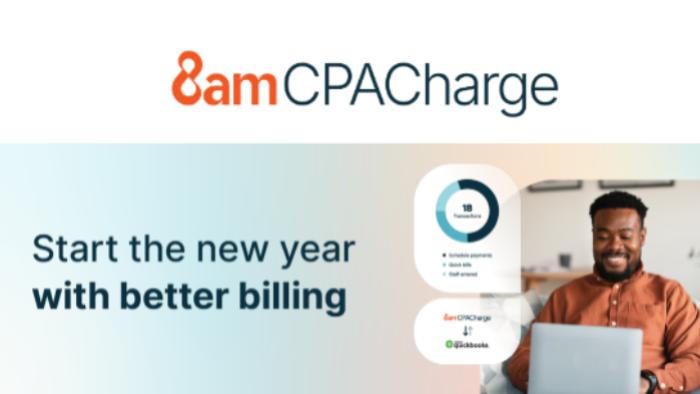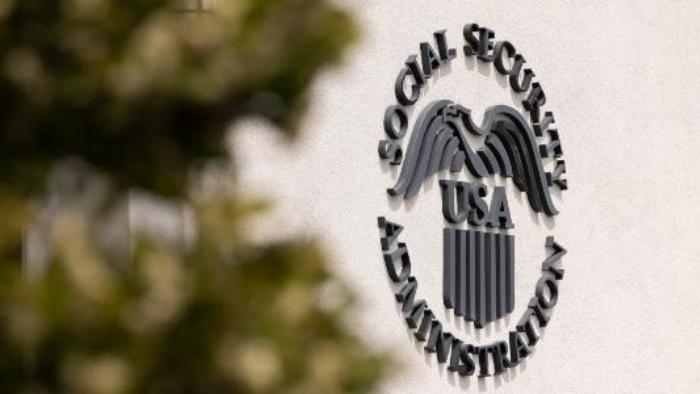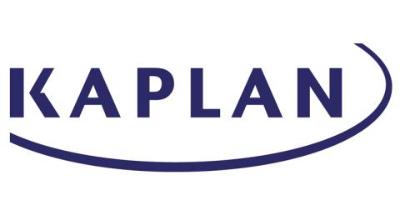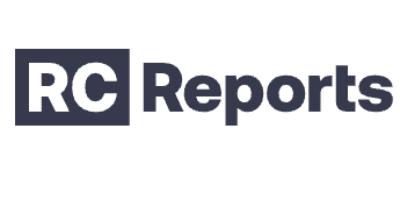Why Your Small Business Needs a CPA: Maximizing Deductions and Minimizing Mistakes
Small business owners have a lot on their plate, from managing employees to handling customer inquiries. One area that often gets overlooked is finances. Many small business owners may think they can handle their finances on their own or with the help of a bookkeeper. However, there are many reasons why a small business needs a CPA. In this article, we will discuss why a small business needs a CPA and answer some common questions about accounting for small businesses.
Why a small business needs a CPA?
A small business needs a CPA for many reasons. CPAs are experts in accounting, tax laws, and financial planning. They can provide a range of services, from bookkeeping to tax planning and preparation. A CPA can help a small business owner navigate complex financial issues, ensure compliance with tax laws, and provide valuable advice on financial planning and strategy.
Is it okay to not have a CPA?
It is okay to not have a CPA, but it is not recommended. Small business owners who do not have a CPA may be missing out on valuable financial advice and services. Additionally, they may be more likely to make costly mistakes that can lead to penalties and interest.
Do you need an accountant if you have a small business?
While it is possible to manage your finances without an accountant, having an accountant can provide many benefits. An accountant can help you manage your finances more efficiently, ensure compliance with tax laws, and provide valuable advice on financial planning and strategy.
What might happen to a business if they did not have an accountant?
If a business does not have an accountant, they may be more likely to make costly mistakes that can lead to penalties and interest. Additionally, they may not be maximizing their deductions and credits, leading to higher tax liability.
Can I do my own small business accounting?
It is possible to do your own small business accounting, but it can be challenging and time-consuming. Additionally, small business owners who do their own accounting may be more likely to make mistakes that can lead to penalties and interest.
Do I need an accountant if I use QuickBooks?
While QuickBooks can be a valuable tool for small business owners, it is still recommended to have an accountant. An accountant can provide valuable advice on financial planning and strategy, as well as ensure compliance with tax laws.
Does QuickBooks report to IRS?
QuickBooks does not report to the IRS directly, but it can be used to prepare and file tax returns.
Can I file my own company accounts?
It is possible to file your own company accounts, but it can be challenging and time-consuming. Additionally, small business owners who file their own accounts may be more likely to make mistakes that can lead to penalties and interest.
When should a company stop using QuickBooks?
There is no specific time when a company should stop using QuickBooks. However, as a company grows and its financial needs become more complex, it may be necessary to switch to a more robust accounting software or hire an accountant.
Is it illegal to run a business from a personal account?
While it is not illegal to run a business from a personal account, it is not recommended. Mixing personal and business finances can make it difficult to track expenses and ensure compliance with tax laws.
How do you maintain a small business account?
To maintain a small business account, it is important to keep accurate records of all financial transactions. This includes tracking income and expenses, reconciling bank statements, and ensuring compliance with tax laws.
Do I need a separate IRS account for my business?
Small business owners are not required to have a separate IRS account for their business, but it is recommended. Having a separate account can make it easier to track income and expenses, ensure compliance with tax laws, and provide valuable financial information.
What is the tax rate for LLC?
The tax rate for an LLC can vary depending on several factors, including the state in which the LLC is located, the number of members in the LLC, and the type of taxation the LLC has elected. LLCs can be taxed as a sole proprietorship, partnership, S corporation, or C corporation. The tax rate will depend on the type of taxation the LLC has elected.
Does having an EIN affect taxes?
Having an EIN (Employer Identification Number) does not directly affect taxes, but it is necessary for many business-related activities, such as opening a business bank account or applying for a business loan. Additionally, having an EIN can make it easier to file tax returns and ensure compliance with tax laws.
What is the difference between self-employed and small business?
The difference between self-employed and small business is that self-employed individuals work for themselves and typically have only one person in the business, while small businesses have multiple employees and are run as a separate entity. Self-employed individuals may be taxed differently than small businesses, depending on the type of business and taxation they have elected.
In conclusion, small businesses need a CPA to ensure that their finances are in order and that they are taking advantage of all available deductions and credits. While it is possible to manage your finances without a CPA, having one can provide valuable advice on financial planning and strategy, ensure compliance with tax laws, and help you avoid costly mistakes. With the help of CPAdirectory.com, small business owners can find a qualified CPA in their area and take control of their finances.
ASK A CPAShare This Article
What's Trending?
Trending topics & tools for the CPA community
How Firms are Rethinking Reasonable Comp (Quick Video)
It’s a short video and makes the value of repeatable, data-backed approach clear (especially compared to spreadsheets, gut checks and one-off calculations).
Learn how 8am CPACharge delivers clarity and confidence for accounting firms.
8am™ CPACharge brings invoices, payments, and reconciliation together in a solution designed to make your day easier from start to finish.
Seniors on Social Security Could Face $460 Monthly Cut to Benefits
Jim Komoroski, RSSA®, is quoted in Newsweek, offering expert insight into the projected monthly cuts to Social Security benefits should Congress fail to act.
Resources
Valuable information provided by our sponsors.
Specialize in Social Security
Looking to enhance your retirement planning expertise? Your solution: pursue the Registered Social Security Analyst®...
CPAdirectory members have access to discounted auto and home insurance
At CPAdirectory, we think it's a good thing to provide our members with access to...
Free CPE Course: ChatGPT for Tax Pros — Limited Offer
CPAdirectory and CCH CPELink are giving you free access to the on-demand course: ChatGPT for...
PE Deals In Accounting: Valuations, Structure, Tradeoffs
In this webinar, you’ll hear from firm leaders and industry experts who will share real-world...
Stand Out as a Trusted Social Security Expert with the RSSA® Designation
Designed for CPAs, the Registered Social Security Analyst® (RSSA®) designation provides advanced training to help...
How Firms are Rethinking Reasonable Comp (Quick Video)
It’s a short video and makes the value of repeatable, data-backed approach clear (especially compared...













